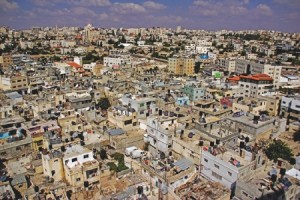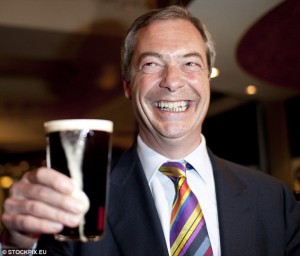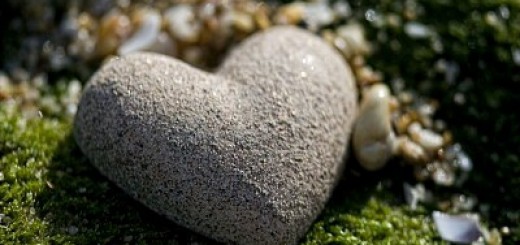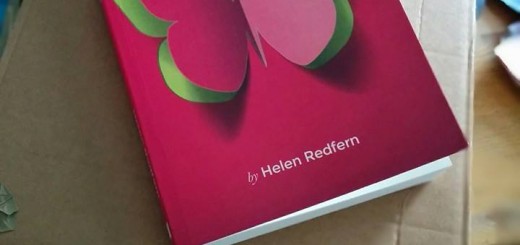Love and Justice in Migration? Or are we too scared?
 We rarely question the movement of people when we read biblical stories. It goes without comment in the story of Jesus, Mary and Joseph that they travel from Nazareth to Bethlehem and then on to Egypt. They then return to Nazareth when Jesus is older. It would be impossible for a young family to make that journey today unless they were wealthy and followed the “correct” religion. It certainly would be impossible if you were a Palestinian Christian from Ramallah for example. But in biblical times there were many more kingdoms, but much freer movement of people between them.
We rarely question the movement of people when we read biblical stories. It goes without comment in the story of Jesus, Mary and Joseph that they travel from Nazareth to Bethlehem and then on to Egypt. They then return to Nazareth when Jesus is older. It would be impossible for a young family to make that journey today unless they were wealthy and followed the “correct” religion. It certainly would be impossible if you were a Palestinian Christian from Ramallah for example. But in biblical times there were many more kingdoms, but much freer movement of people between them.
So in this story in Ruth chapter 1, we see Elimelek and Naomi living in a time of famine. They are called Ephrathites from Bethlehem which probably means that Elimelek was originally from what we now call Ramallah in the West Bank, but was living in Bethlehem. So to find food they travel to Moab with their sons. They settle and the sons marry local women. Then disaster! Elimelek and the sons are killed leaving Naomi with her two Moabite daughters-in-law in a foreign land.
So she decides to return home to Bethlehem as she has heard the famine has ended and she tries to send her daughters-in-law back to their families. One goes, but Ruth wants to stay with her mother in law. She says:
“Don’t urge me to leave you or to turn back from you. Where you go I will go, and where you stay I will stay. Your people will be my people and your God my God. 17 Where you die I will die, and there I will be buried. May the Lord deal with me, be it ever so severely, if even death separates you and me.” Ruth 1:16,17
And so they return together.
Now let’s look at this through the eyes of a pair of Jewish and Moabite Nigel Farages.
 Firstly, the Moabite Nigel Farage would not have let Naomi and Elimelek in as they were “economic migrants”. The UKIP narrative is that economic migrants are only here to take our money and jobs and should be stopped at all costs. So what would have happened as the crisis unfolded in Israel was that Naomi and Elimelek would have left Bethlehem and would now be living in a refugee camp on the border of Moab. Perhaps a few kind Moabites would have formed a charity to help the thousands who were destitute on their borders, but as economic migrants, they were not coming in!
Firstly, the Moabite Nigel Farage would not have let Naomi and Elimelek in as they were “economic migrants”. The UKIP narrative is that economic migrants are only here to take our money and jobs and should be stopped at all costs. So what would have happened as the crisis unfolded in Israel was that Naomi and Elimelek would have left Bethlehem and would now be living in a refugee camp on the border of Moab. Perhaps a few kind Moabites would have formed a charity to help the thousands who were destitute on their borders, but as economic migrants, they were not coming in!
So the modern version of the Ruth story would end with a young family stuck forever in a refugee camp and Ruth would never even be involved. Forever? Surely no one stays in a refugee camp forever? In reality, from 1948 onwards, refugee camps were established as the Israeli war of independence displaced 750,000 people. Many of those people and their families are still in those camps. With child birth and family growth, there are now 5.4million people with Palestinian refugee status in the 59 camps dotted around the West Bank, Gaza, Southern Lebanon, Syria and Jordan (whose modern borders cover the area that was then known as Moab). A child born in 1948 in one of these camps would now be 67 years old – their whole life spent as a refugee.
Let’s now imagine Naomi and Elimelek were some of the lucky ones who were allowed to live and marry in Moab. The men die and so Naomi wants to return to Bethlehem with her daughter in law Ruth. Now they get to the border and the Jewish Nigel Farage says “Welcome back Naomi you are one of us, but Ruth you are not a blood relative so you can’t come in”. Even getting a married couple back into the UK is getting tougher today and bringing family with you is almost impossible. So our story would fail again. Ruth would never meet Boaz.
And so as we enter the final 5 weeks of campaigning in this General Election, it is worth reminding ourselves that, as Helen said yesterday, everyone has a story and that the language of fear and scapegoating does not sit comfortably with the Christian values of love and justice.
I was struck in the leaders’ debate on Thursday night by two key statements by Farage – we should stop all UK aid to other countries and that we should close our borders to everyone apart from those who we need economically eg. foreign doctors.
UK aid is less than 0.7% of GDP. This is money used to work with the poorest people around the world. We are on most measures in the top 10 richest nations – do we not have an obligation to not reduce overseas aid but increase it to say 1% of GDP?
If all nations reduced their aid to zero, then there would even more poor people. More people with no hope and no future looking at the UK wishing they could share in what we have. More people filling up the camps of Calais trying to become economic migrants to the UK. And who could blame them? If I was in their position I would be trying anything to make the life of my family a little better.
On the second point, of saying no one can come here even from Europe, I wonder what the long term consequence would be for my nieces and nephews living in Antwerp and Berlin. Would they be allowed to stay there if we stopped young Germans and Belgians coming here? Of course not.
So immigration and migration is an issue to be concerned about but don’t fall for anyone who offers you easy answers – there are none. Look for a party who puts wants to put justice back into the immigration system. Look for a party that is taking a long term view. For example, in a world of climate change and rising sea levels, how will we cope when island states disappear below the waves? Will we just let people drown or are we already planning for how we help and resettle people? Love and justice obviously says we should do the latter.
And if you are planning to vote UKIP – I would love to know why. Answers below please!












